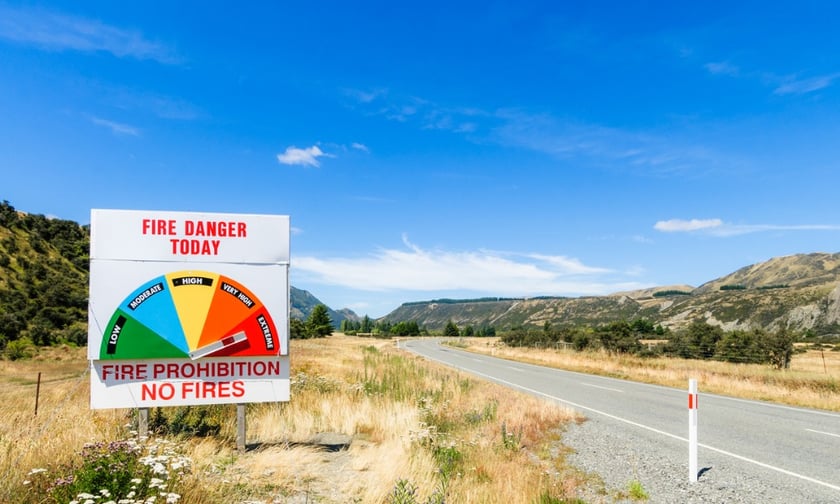

The Insurance Council of New Zealand Te Kāhui Inihua o Aotearoa (ICNZ) has urged the government to ensure that upcoming reforms to the Resource Management Act (RMA) help avoid construction in areas at high risk from natural hazards.
This call aligns with the government’s plans to replace the RMA with new legislation, including national guidelines for councils to follow when making land-use decisions.
Under the proposed changes, councils will gain the authority to reject land-use applications or impose conditions in areas where significant natural hazard risks exist.
ICNZ believes this national approach will help ensure that development occurs in safer locations, enhancing community resilience and improving long-term outcomes for the country.
Chief executive Kris Faafoi said insurers support development in places where natural hazard risk is appropriately managed, but allowing growth in high-risk zones puts people in danger and can lead to negative consequences for New Zealanders.
“If we allow development in high-risk locations, we risk putting people in harm’s way and ultimately worse outcomes for New Zealanders,” he said.
ICNZ argues that more consistent national standards around natural hazard management are needed to address risks like flooding and coastal erosion. These measures could help ensure that future development does not occur in hazardous areas, thus protecting lives, property, and the economy.
Research from the Climate Change Commission indicated that approximately 750,000 people and 461,000 buildings are vulnerable to coastal flooding or other climate-related events, representing billions of dollars in assets.
According to Faafoi, planning needs to take a long-term perspective, avoiding development in high-risk locations to ensure that insurance remains accessible and affordable across New Zealand.
“New Zealand needs to take a long-term perspective that fosters the broad availability of insurance. This entails prudent land-use planning that avoids new developments in high-risk areas susceptible to natural hazards,” Faafoi said.
He added that insurers remain committed to helping New Zealand adapt to climate change and mitigate risks associated with natural hazards. He also stressed the importance of embedding resilience into decision-making processes at all levels of government to protect communities and reduce the impact of natural disasters.
ICNZ is also calling for more rapid action in addressing climate adaptation, following the release of a Climate Change Commission report that found current efforts inadequate.
The commission’s report noted that adaptation strategies have not kept pace with the growing risks posed by climate change.
Faafoi echoed the commission’s recommendations for a faster, more coordinated response to these escalating risks, highlighting that large portions of the population and infrastructure are at risk of flooding and other climate-related hazards.
The Climate Change Commission’s report suggested that addressing climate risks will require a stronger framework to guide local governments, along with more effective community-level planning and a clearer distribution of adaptation costs.
Faafoi supported these recommendations, emphasising that collaboration across government, iwi, businesses, and communities will be necessary to ensure that climate risks are managed and that insurance remains affordable for New Zealanders.
